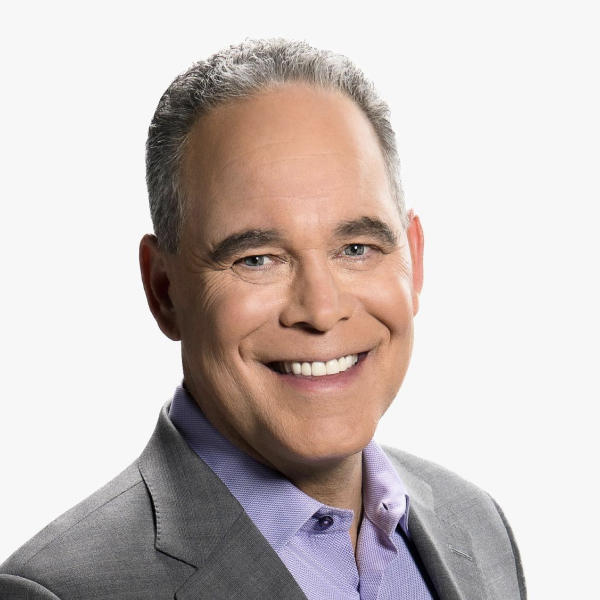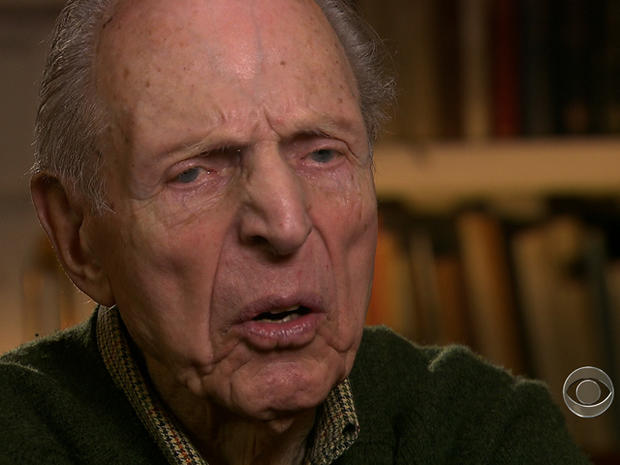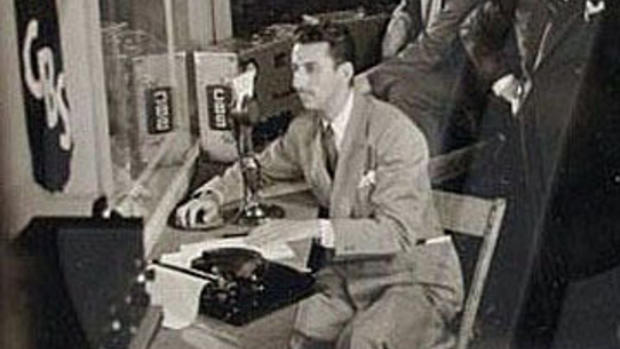Pioneering CBS radio show reaches a special milestone
(CBS News) This week marked the 75th anniversary of the "CBS World News Roundup," the longest running newscast in history. Over the years, the radio show has brought us broadcasting legends and the modern newscast.
It was 1938 when Adolph Hitler took Austria and marched the world closer to war. Americans were able to follow the harrowing events with an immediacy never felt before.
Watch CBS News' Charles Osgood's report on the 75th anniversary of the "CBS World News Roundup":
"Tonight the world trembles, torn by conflicting forces...," said CBS newsman Robert Trout 75 years ago, as told in archival audio.
CBS founder William Paley dispatched reporters across Europe to bring the story home.
"There's a certain air of expectancy about the city. Every one waiting and wondering where and at what time heir Hitler will arrive tomorrow," said a then-29-year old Edward R. Murrow, making his first broadcast for CBS Radio that night, from old audio.
The program would become the "CBS World News Roundup," and the model for the modern newscast.
Journalists like Richard C. Hottelet delivered live reports from overseas for the first time. "I watched the first landing barges hit the beach at exactly on the minute of H-Hour," he reported, as told in audio footage.
Broadcast pioneers like Murrow, William Shirer, Eric Severeid and Charles Collingwood risked their lives to keep Americans informed. On D-Day, Hottelet covered the Allied invasion from a bomber above Normandy.
"Their guns belched flame and smoke," he reported back then. "We opened our bomb bay door...little balls of fire off to our left and off to our right."
Richard C. Hottelet remains the last surviving member of the group of reporters known as the "Murrow Boys." "It wasn't all that scary, you know," he told CBS News recently. "When you're in a plane with other people, the fear is shared."
Reporting on history for 75 years
Photos: CBS World News Roundup" turns 75
Listen: "CBS World News Roundup" from March 13, 1938
They didn't see what they were doing in grand-scale terms, like inventing a new medium. They were just doing their jobs.
"I did what I felt I had to do," said Hottelet. "No drama, no hokum. Just reporting."
Seventy-five years later, it still makes a perfect mission statement.


